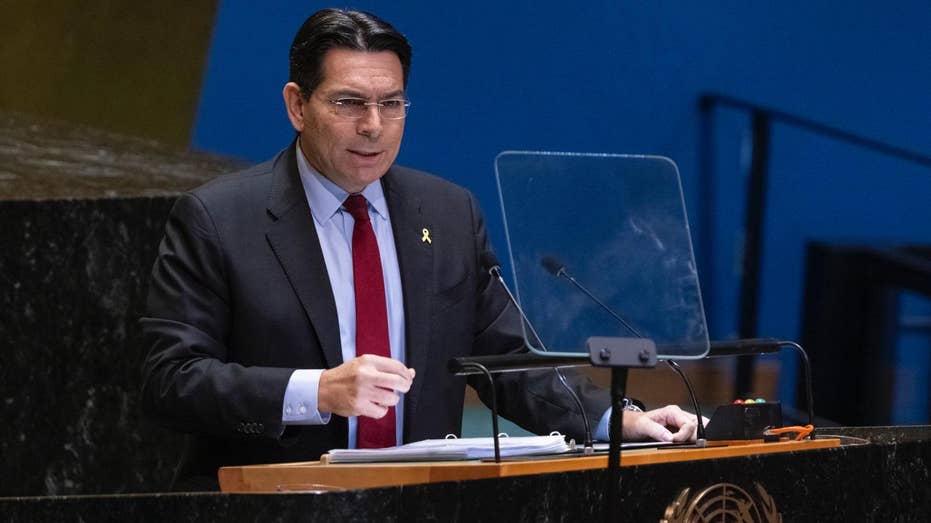Israeli Officials Oppose Pending UN Security Council Ceasefire Resolution Amid Rising Tensions
Israeli officials oppose U.N. draft calling for ceasefire, hostage return, and lifting aid restrictions.

Israeli officials are voicing strong opposition to a draft resolution scheduled for a vote at the United Nations Security Council on Wednesday. The resolution, which enjoys support from a coalition of countries including Algeria, Denmark, Greece, Guyana, Pakistan, Panama, the Republic of Korea, Sierra Leone, Slovenia, and Somalia, calls for a renewed ceasefire between Israel and Hamas, the return of hostages, and the lifting of restrictions on humanitarian aid into Gaza.
The move comes amid continued criticism from the United Nations regarding Israel’s conduct in the ongoing war, particularly over the humanitarian impact on Palestinians in Gaza. The region has suffered under a blockade that was reinstated after the collapse of a previous ceasefire in March. Although Israel eased some restrictions on humanitarian aid shipments in May, U.N. officials contend that relief efforts remain insufficient.
Highlighting the stakes, Israeli officials warn that the proposed resolution threatens to undermine humanitarian efforts by failing to address the presence and actions of Hamas. "This resolution doesn’t advance humanitarian relief. It undermines it. It ignores a working system in favor of political agendas. It ignores the one party still endangering civilians in Gaza: Hamas. The group that hijacks trucks and stockpiles the aid to their benefit," stated Israeli U.N. Ambassador Danny Danon ahead of the anticipated vote.
Further intensifying Israel’s objections, Foreign Ministry Spokesperson Oren Marmorstein criticized the resolution for not adequately linking the release of hostages with the establishment of a ceasefire. “So basically, what this proposal is favoring or offering to do is to enable Hamas to come up with another October 7th massacre,” he said, referencing the deadly attack mounted by Hamas in 2023. Marmorstein also pointed out that Hamas itself has openly threatened similar attacks, raising fears among Israeli officials about the consequences of any measure they perceive as enabling the militant group’s ongoing rule in Gaza.
Complicating the situation further, the Gaza Humanitarian Foundation (GHF)—an aid group backed by the United States and Israel—paused food distribution operations Wednesday following several days of violence near its facilities. A spokesperson for GHF emphasized the group is now engaged in talks with the Israel Defense Forces to bolster security measures, including enhanced control of population movements around aid sites, clearer transit guidance, and improvements to military protocols designed to keep civilians safe.
If passed, the impending Security Council resolution would have legal force, unlike decisions made by the U.N. General Assembly. However, the actual impact the resolution might have on Israel’s current military and humanitarian policies remains uncertain, as Israeli officials continue to push back vigorously against what they see as an effort that could empower Hamas and further complicate the battle to bring hostages home and ensure lasting peace.
As deliberations continue, international attention remains focused on the United Nations, awaiting the outcome of Wednesday’s vote and what it may signal for the future of both the conflict and humanitarian access in Gaza.




